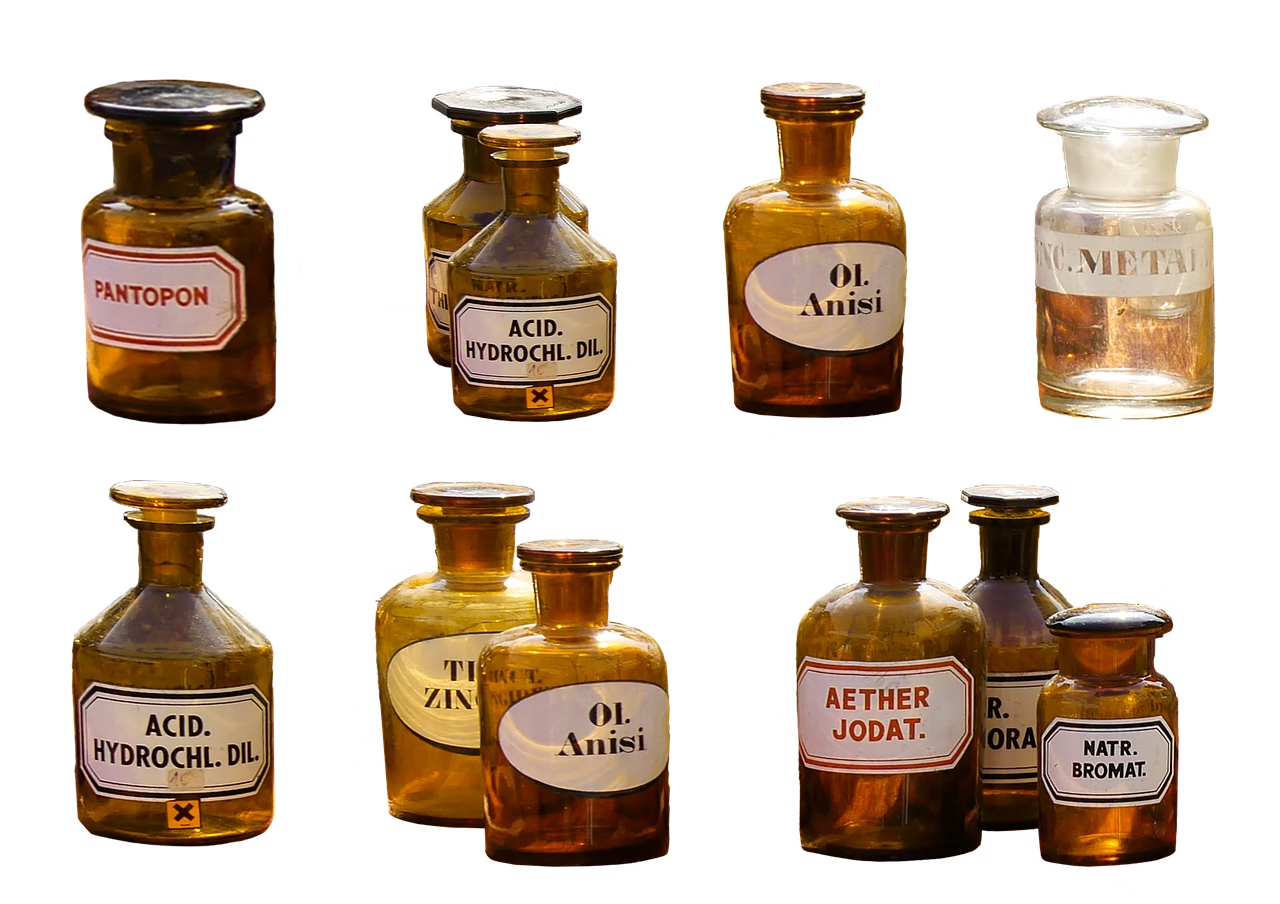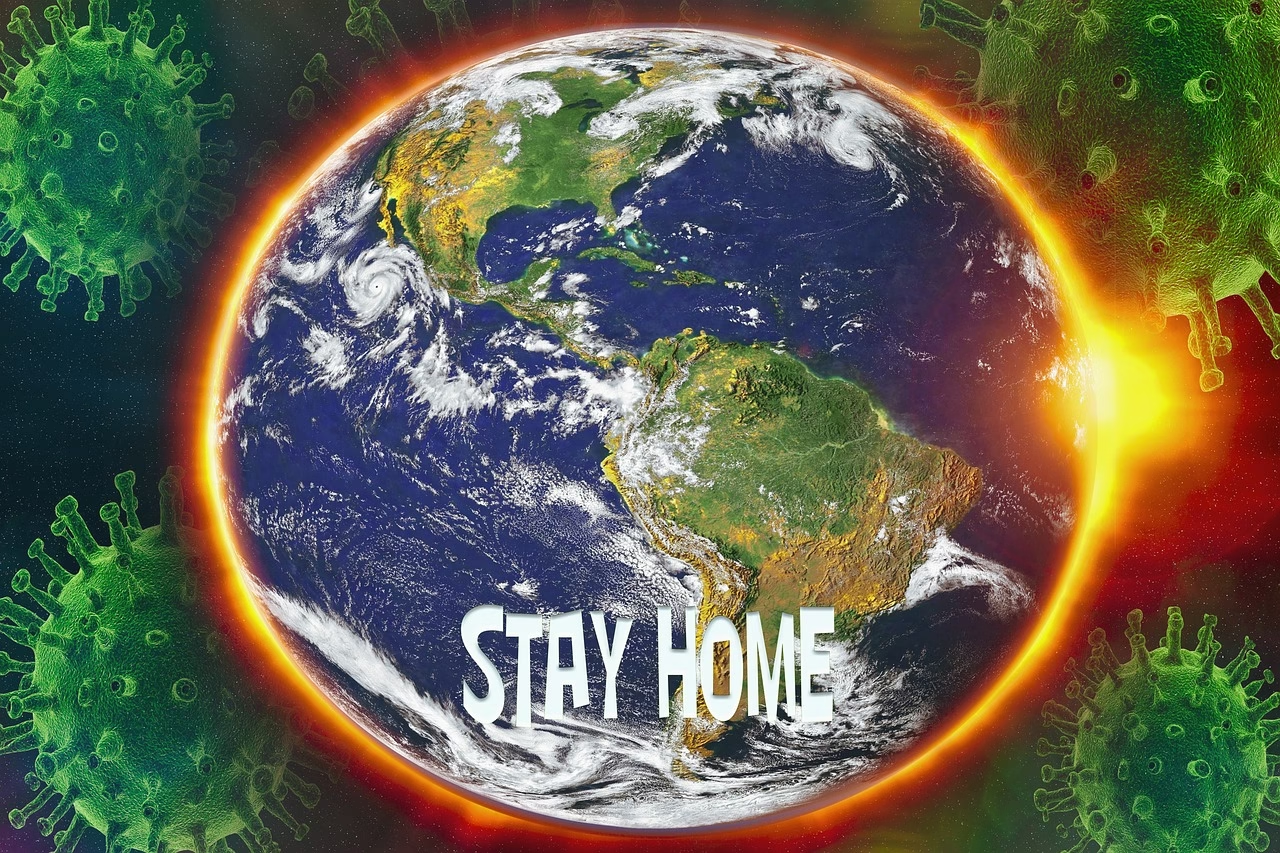“Personalized Nutrition: Tailoring Diets to Individual Genet
June 17, 2025 | by Rachel Bloom

Personalized Nutrition: Discovering Your Unique Dietary Prescription
Imagine waking up every morning, not under the weight of confusing diet rules, but with the clarity that your meals are chosen based on your own body’s needs. For so many, food has been a puzzle—with each new trend promising to be the missing piece. But what if the key wasn’t in the next headline, but in our own biology? This is the promise of personalized nutrition—a truly tailored approach that considers our individual genetics and the microscopic world within, our microbiome.
Why “One Size Fits All” Is Fading Away
For decades, nutrition advice has been mostly generalized: eat more vegetables, avoid excess sugar, favor whole grains. While these are sound principles, experience as a holistic wellness practitioner and medical researcher has taught me how frustrating—even disheartening—it can be when classic advice doesn’t deliver. The truth is, two people eating identical diets can experience dramatically different outcomes: one thrives, the other struggles.
“Your nutritional needs are as unique as your fingerprint—guided by your DNA and the thousands of species living in your gut.”
The Science: Genetics, Microbiome, and You
Genetics are the instruction manual we inherit from our parents, filled with snippets that influence how we metabolize nutrients, process fats and sugars, respond to caffeine, and more. For example, a variation in the LCT gene defines lactose tolerance in adults. Someone with this variant might easily digest dairy, while another may battle constant discomfort—no matter how “healthy” yogurt appears on paper.
Meanwhile, your microbiome—the vast collection of bacteria, fungi, and other microbes in your digestive tract—acts as a living intermediary between what you eat and how you feel. New research continues to unravel how these microorganisms help us extract energy, produce vitamins, manage inflammation, and even modulate mental well-being. If you’ve ever battled post-meal bloating or sudden dips in energy, your gut flora could be part of the story.
Personalized Nutrition in Practice
The journey towards personalized nutrition typically begins with scientific insights—perhaps genetic testing through a saliva sample, or a gut microbiome analysis using a stool test. Armed with this information, nutritionists can recommend foods not just based on symptoms, but underlying biology and biochemistry.
- Genetic analysis might reveal that you process omega-3 fatty acids poorly, suggesting a greater need for flaxseed or algae-based supplements.
- Microbiome testing might show depleted populations of fiber-digesting bacteria, signaling a need for prebiotic-rich foods like sunchokes and garlic.
- Personal preferences and lifestyle—respected at every step—stay woven into your plan, ensuring that eating remains celebratory, not restrictive.
The Human Angle: More Than Just Data
Beyond the science, there’s an emotional resonance that comes from being seen—truly understood—in your wellness journey. I’ve witnessed the relief and hope that often accompanies a personalized plan:
“For the first time, I didn’t feel broken. I realized my body was just different. And that was okay.”
This approach honors not just one’s unique makeup but their lived experience—acknowledging cultural traditions, family meals, comfort foods, and the rhythms of daily life. Personalized nutrition isn’t about perfection; it’s about compassion and empowerment.
Taking the First Steps
You don’t need a geneticist or microbiologist on speed dial to start honoring your bioindividuality. Begin with self-awareness: notice patterns around how foods affect your mood, energy, and digestion. Small steps—like slowly incorporating diverse, plant-based foods or rotating fermented items—can gently encourage a more resilient, balanced microbiome.
If the science excites you, explore reputable testing services under the guidance of a trusted nutrition professional. But above all, remember: food is more than fuel. It is communication—a daily conversation with your genes and microbiome. When we listen deeply, the body’s whispers become wisdom.

RELATED POSTS
View all



